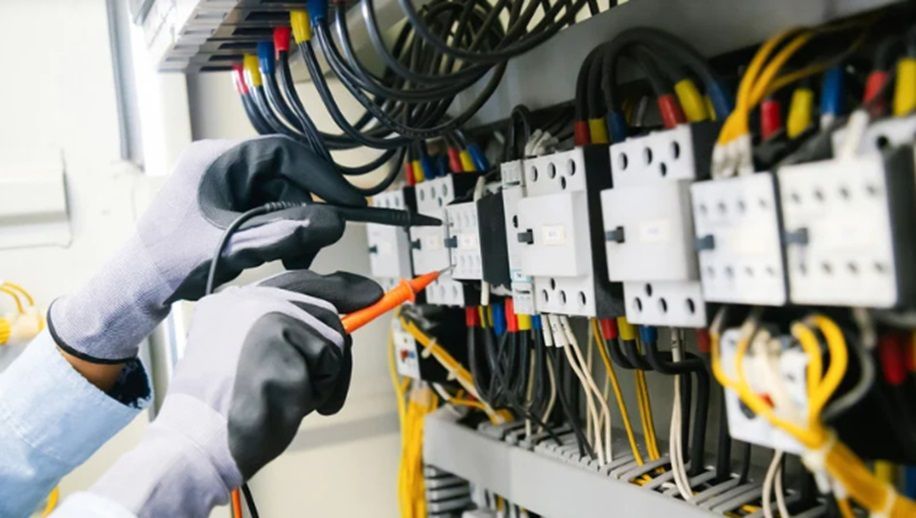Continuing education (CE) is a cornerstone of maintaining professional licenses, especially in technical fields like electrical work. With digital access expanding, many professionals now turn to electrical continuing education online courses in Texas to meet licensing requirements. While these courses offer convenience and flexibility, the true power of CE emerges when paired with real-world, hands-on experience.
Combining practical application with structured online education strengthens both skill retention and long-term professional development. It bridges the gap between theory and action, ensuring professionals are not just certified but genuinely competent.
Applying Knowledge in Real-World Scenarios
Online CE courses often cover vital topics like updated codes, safety practices, and emerging technologies. These concepts are crucial, but without practical application, they can remain abstract. By integrating these lessons into daily fieldwork, professionals reinforce what they’ve learned, making it easier to retain and use that knowledge under pressure.
For electricians, for example, understanding the theoretical function of a system is only half the challenge. Installing, troubleshooting, or upgrading that system in a dynamic environment is where expertise truly develops. Hands-on practice adds context to online modules, creating a more complete learning experience.
Flexibility Meets Field-Based Learning
One of the major advantages of online CE is the flexibility it offers. Professionals can study at their own pace, revisiting complex concepts as needed. When this is paired with fieldwork, the learning becomes more immersive and relevant.
Say you’re studying a new section of the National Electrical Code (NEC) through an online course. You can then test your understanding by applying that knowledge during an inspection or installation. This immediate reinforcement helps cement the material far more effectively than passive reading or testing alone.
It also allows working professionals to continue earning and gaining field experience without pausing their CE progress. This integrated model is particularly effective for those with tight schedules or demanding job responsibilities.
Supporting License Maintenance and Career Growth
Continuing education is essential for maintaining active licenses, especially in regulated professions like electrical work, HVAC, and construction. But beyond compliance, CE combined with real-world practice creates a strong foundation for professional advancement.
Understanding the importance of continuing education in professional licensing can help professionals appreciate the broader value of consistent learning. It’s not only about renewing credentials—it’s about becoming more capable, safer, and more prepared to handle increasingly complex job requirements.
This dual-track approach also builds credibility with clients and employers. Professionals who stay educated and hands-on are seen as proactive, reliable, and invested in their trade. That can lead to more job opportunities, leadership roles, or even entrepreneurial ventures.
Conclusion
Online CE programs have transformed the way licensed professionals approach continuing education, offering accessibility and convenience. However, the full benefit is unlocked when these courses are paired with real-world, practical experience. Whether you’re navigating electrical continuing education online courses or another trade-specific program, combining study with on-the-job learning results in deeper understanding, better retention, and stronger performance. This integrated approach not only satisfies licensing requirements but empowers professionals to thrive in the field with confidence and competence.
Related posts
Categories
Recent Posts
Advertisement


